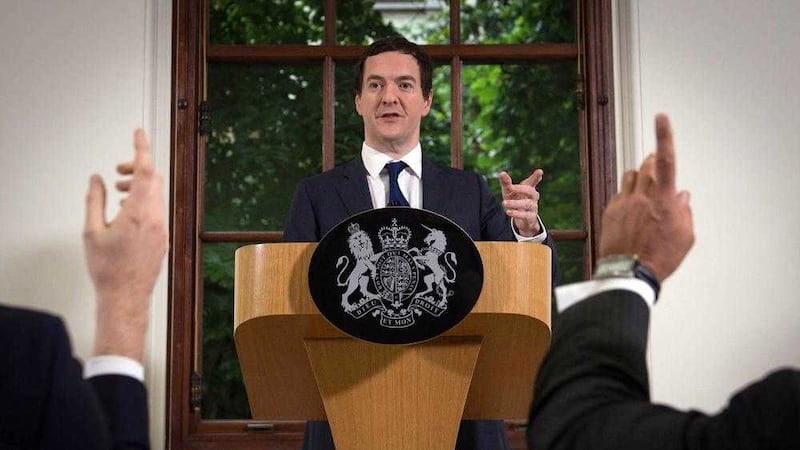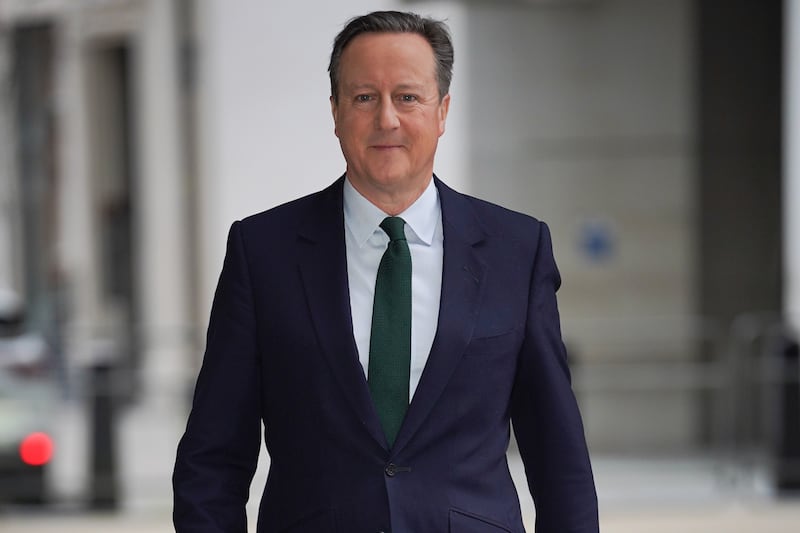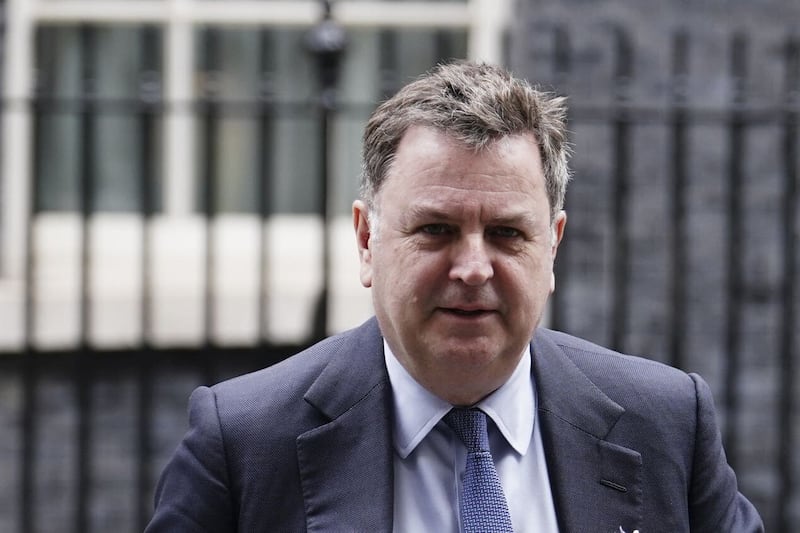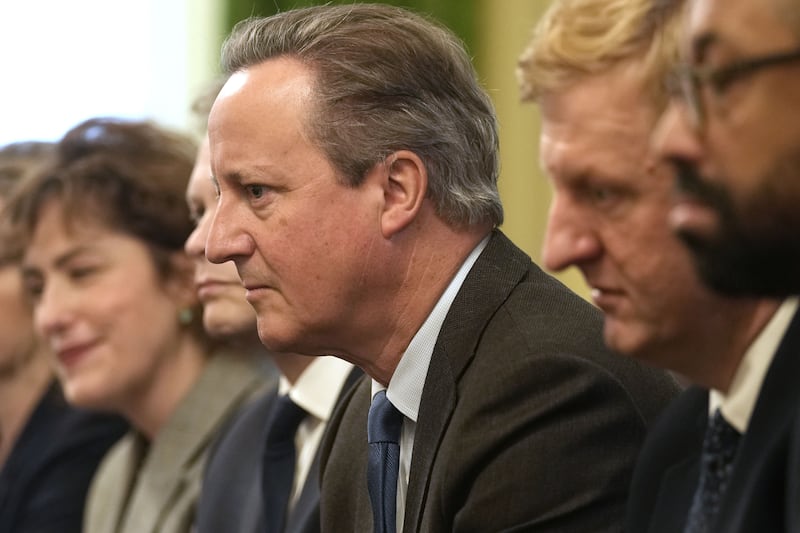BRITISH Chancellor George Osborne's plan to build a “super competitive UK economy” with low business taxes and a global focus may have done one of two things for Northern Ireland.
His proposal to slash the UK rate of corporation tax by 5 per cent to 15 per cent may have completely scuppered the Stormont Executive's plans to match the Irish rate of 12.5 per cent in a bid to complete for foreign direct investment.
Or could it be that it could start a push to have the reduced Northern Ireland rate implemented sooner rather than later - and certainly earlier than the proposed start date of April 2018? Is that even a remote possibility? Probably not within the tight time frame.
In light of the historic outcome of the Brexit vote, there is a myriad of potential tax and business implications of life without the EU.
What Osborne has done, though, is fuel the notion that the UK is pitching itself as a tax haven as it enters into trade negotiations with Europe, and that effectively puts the north's lights out as regards going it alone.
For more than 20 years the north fought tooth and nail to secure the right to set its own business tax, claiming that sharing a land mass and border with a low corporation tax region could reap an economic bonanza.
Around 34,000 companies in the north - about half of the 69,000 VAT-registered firms - were expected to be set to benefit from a lower tax rate, though before Brexit it seemed likely the region's block grant would have to be slashed by as much as £350 million a year if Northern Ireland was to go ahead with its transformative new fiscal power.
But Brexit has changed everything, and as the UK will no longer be subject to the EU state aid rules after they exit the Union, it will be in a much stronger position to offer certain tax incentives to businesses which were previously limited under EU law.
Osborne's new five-point plan to galvanise the UK economy, which includes setting the lowest corporation tax rate of any major economy, has not only angered EU finance ministers, who fear a race to the bottom, but has thrown Stormont into a spin.
It has emerged, though, that Finance Minister Máirtín Ó Muilleoir has asked his department to bring a report to the Executive on the corporation tax options post-EU referendum, although he is bullish by insisting he "remains committed" to devolving fiscal powers from London.
Ó Muilleoir said: “There has been a dramatic change in circumstances since the referendum but it remains my contention that we can do a better job for our people with the devolution of more fiscal powers. Of course, access to the European market and free cross-border trade are essential to our future.
"While I welcome the announcement that the British Chancellor has abandoned his ill-considered target to restore government finances to a surplus by 2020 there is still uncertainty over what this will mean for the Executive’s budget.
"It is clear that we will have to develop our own stimulus package for the north and I have already started discussions in that regard with officials.”
Irish News columnist Brendan Mulgrew, in this article for this week's Business Insight, says: "The prospects for corporation tax reduction are not fatally damaged and in theory the restrictions of the EU rules on state aid, so long a barrier to the devolution of tax policy, may mean that the Executive is faced with dealing with Treasury officials on the cost of the policy move.
"It appears that George Osborne has decided that a reduced corporation tax will help the UK as a whole to sustain the economic impact of Brexit but, even if the difference between us as a region and the UK is narrowed, we can get to a lower rate in a quicker time scale and still be in a position to secure high quality foreign investment."
Like everything in this post-Brexit mire of uncertainty, only time will tell . . . .







